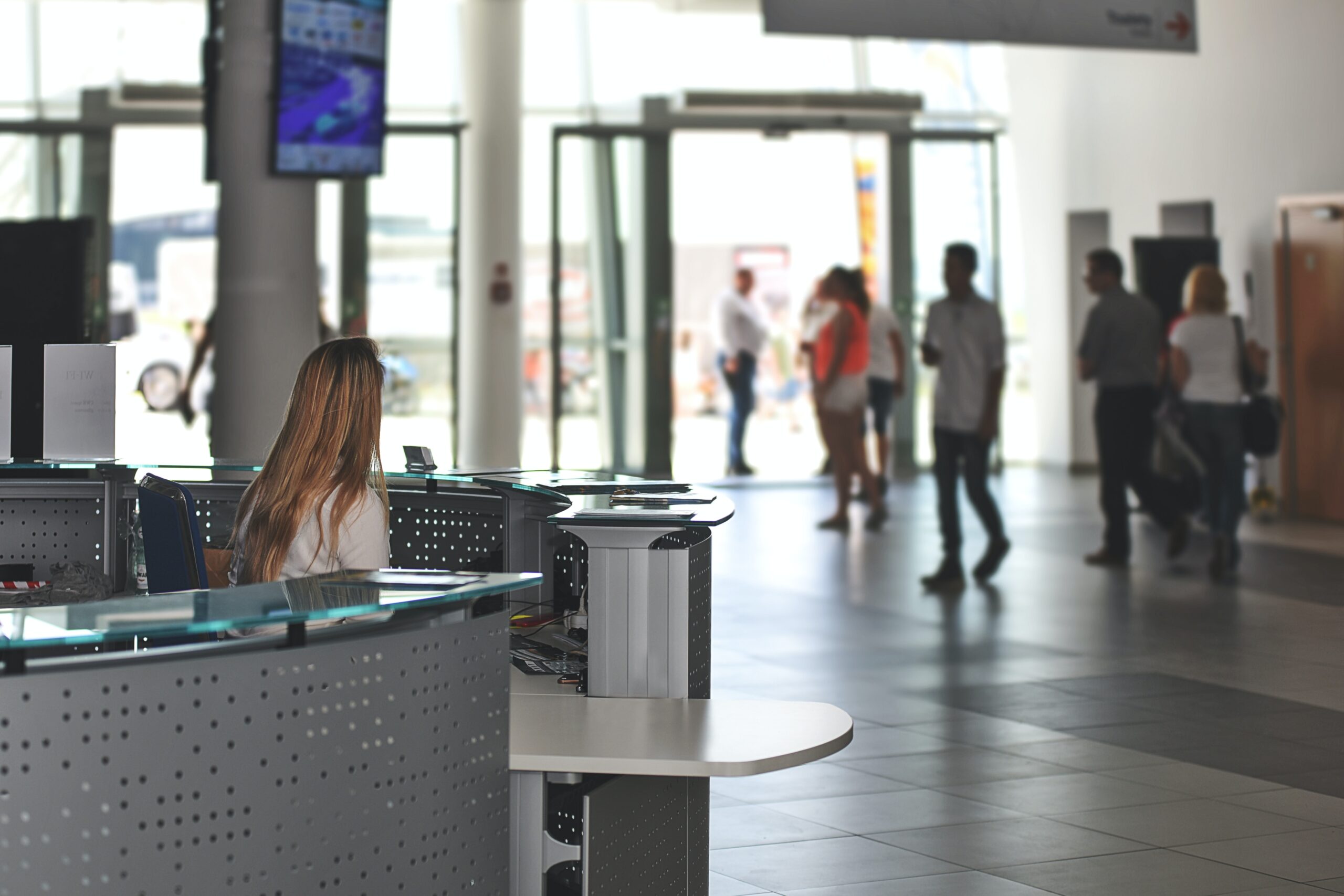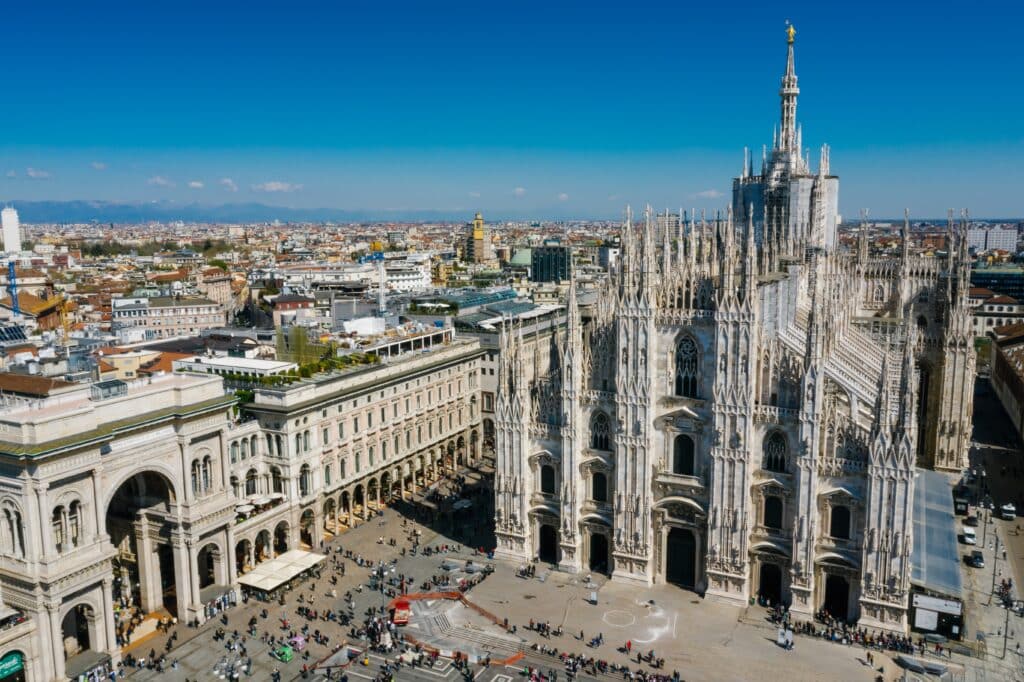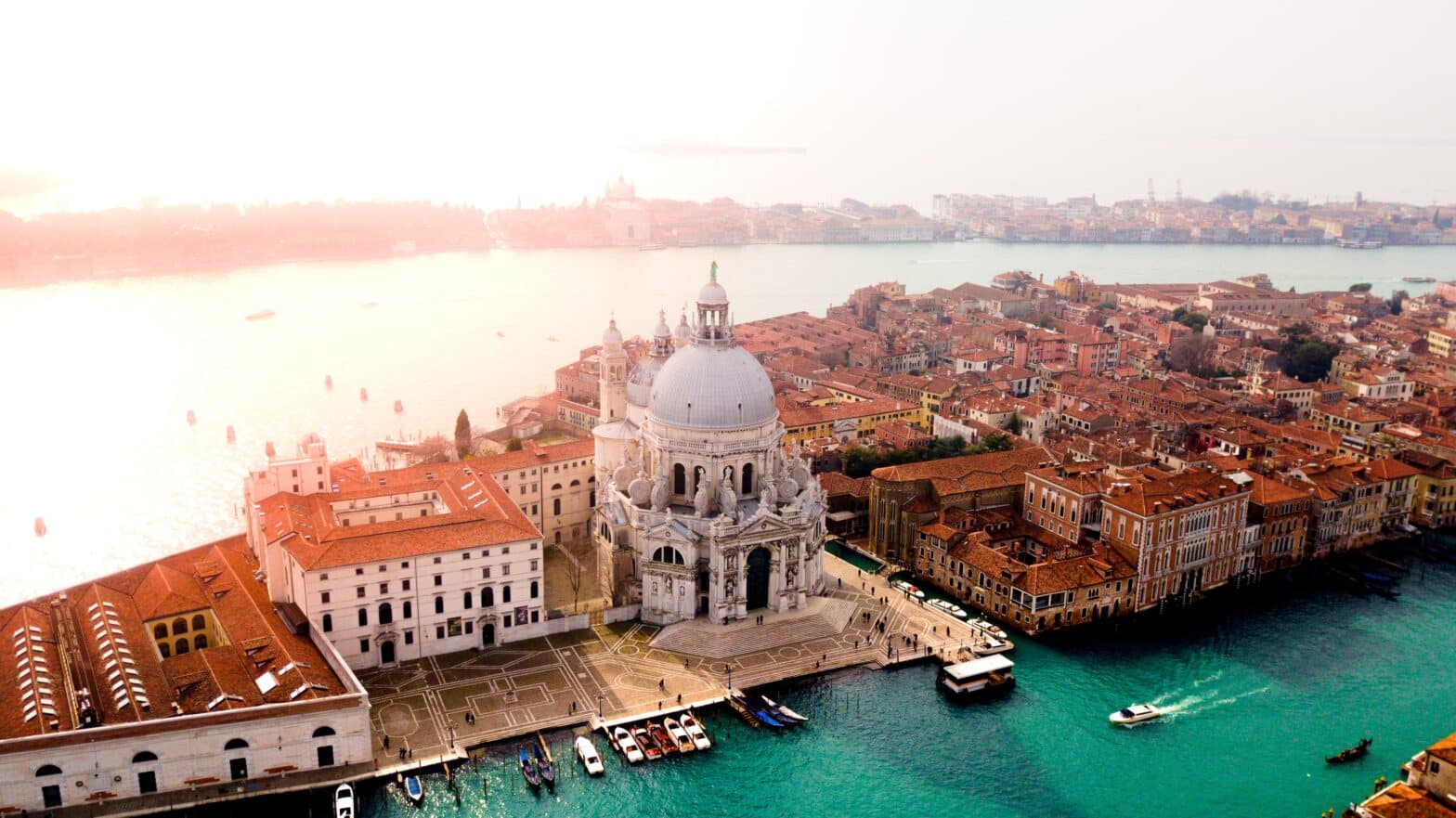Are you ready to get a taste of la dolce vita? With its rich cultural heritage, outstanding quality of life, exquisite culinary traditions and breathtaking scenery, the Bel Paese is a popular destination for many expats and a great place to live.
Where to live in Italy as a foreigner? What is it like living in Italy as an expat? If you’re planning to embark on a new chapter of your life in Italy, Foyer Global Health is here to provide you with some key tips for moving to the land of Dante.
Moving to Italy: what you need to do
Visa and residence permit
The type of visa and residence permit you’ll need depends on several factors, including your nationality, current country of residence and the duration of your stay.
European Union citizens do not need a visa to settle in Italy. However, if you plan to stay more than 90 days, you must register with the immigration authorities at your local questura (police headquarters) and apply for a residence permit at the anagrafe (civil registry office) of your town hall.
Americans, Canadians, and other third-country nationals must apply for a visa at the Italian consulate or embassy in their country of residence. For stays exceeding three months, a long-stay visa (permit D) is required. Additionally, you must report your arrival to the Questura of your place of residence within eight days of entering Italy.
For further information, please visit the website of the Italian Ministry of Foreign Affairs.
Codice Fiscale (Tax identification number)
On arrival in Italy, you will need to obtain your codice fiscal. You can obtain this tax identification number by visiting the Agenzia delle Entrate’s office in the municipality where you live. The codice fiscal is unique to each family member and is required for various purposes such as finding accommodation, obtaining a telephone subscription or opening a bank account.
Opening a bank account
Opening a bank account in Italy is a straightforward process for expats, provided you have proof of identity and residence in the country. This step is essential for various formalities.
Registering with the SSN
After living in Italy for three months, foreigners need to register with the Servizio Sanitario Nazionale (SSN), the Italian national health service. You must also register with the local health agency in your province of residence. Once you have registered, you will be issued with the tessera Sanitaria (Italian Health Insurance Card) and you will be entitled to the benefits of the national health service.
Living in Italy: pros and cons
Pros:
- Superb quality of life
- Pleasant climate
- Exceptional culture
- Magnificent and diverse landscapes
- Cost of living slightly lower than in other Western European countries
- Great food (and wine)
- Amazing travel options
- Welcoming people


Cons:
- Language barrier: not knowing Italian can hinder integration into society and the job market
- Slow and complex bureaucracy
- Inefficient public healthcare system
- Challenges in accessing the job market
How does the health system work?
The Italian National Health Service (SSN) provides universal coverage for all residents, including expatriates. It provides free or low-cost general medical care and hospital treatment in public health facilities as well as in some private medical establishments. Many expatriates opt for private international health insurance to benefit from comprehensive health coverage and better reimbursements in Italy and worldwide. Read more here on the Italian healthcare system.
Moving to Italy: finding accommodation
The price and method of finding a place to live will largely depend on your chosen location.
A number of specialist property websites, such as casa.it, subito and trovacasa, can help you in your search. If you don’t speak Italian, consider using an estate agent who speaks English. While house prices are relatively affordable compared to other Western European countries, rents vary widely from region to region. In cities such as Rome, Milan or Venice, property prices can be exorbitant. In Italy, you will find a great variety of housing options, including houses, studios (monolocale), three-room apartments (trilocale), and penthouses and lofts (attico).

There are different types of rental contracts, each with different rental and termination conditions, typically valid for four years. For long-term leases, landlords may require a deposit of three months’ rent. Depending on your lifestyle and the job you’re looking for, you can choose the city you want to live in.
As an expat, the best places to live in Italy are Rome, Milan, Florence, and Turin known for their dynamic economies and vibrant cultural scenes. If you are looking for a high quality of life, a harmonious work-life balance and time to enjoy a variety of activities, the cities of Southern Italy and towns in Sicily may be particularly attractive.
Working in Italy
Italy has a relatively high unemployment rate (7.9% in 2022) and a competitive labour market. Northern Italy offers the best employment opportunities and jobs in Italy for expats can be found in the service, trade, tourism, teaching and engineering sectors.
To improve your job prospects, it’s advisable to have a good command of the Italian language and solid skills in your chosen field.
Some useful links :
Education
Italy offers many educational opportunities for expatriates’ children, depending on where they live. International schools, such as the International School of Milan, offer curricula based on international education systems. Italy’s national schools, both public and private, also provide opportunities for families planning a long-term stay, helping children to integrate into the local community and Italian society.
Tax
As an expat in Italy, your tax obligations depend on factors, such as the length of your stay and your tax residency status. If you spend more than 183 consecutive days of a tax year in Italy or if your main residence is in Italy, you are considered a tax resident in the country and you will be taxed on your income earned in Italy and abroad. Income tax rates vary based on income level and region.
Top things to do in Italy:
- Tour Rome, the Eternal City with its historical and cultural treasures, including the Pantheon, the Colosseum, the Vatican and its museums
- Escape to the enchanting Amalfi Coast
- Make Venice a priority to witness its architectural splendours such as Saint Mark’s Basilica, Gallerie dell’ Academia, Doge’s Palace
- Do not miss Florence and its Renaissance treasures
- Lake Como is yet another picturesque destination
- Spend time in the sun on Idyllic beaches: San Vito lo Capo (Palermo), Scala del Turchi (Catania), the beaches of the Pontine Islands (Naples), the beaches of Polignano a Mare (Bari)…
- A must-see: the ruins of Pompeii
- Taste trip on Italian culinary delights, such as the square “al taglio” pizza in Rome at Pizzarium, a double espresso at Antico Caffé Greco, a delicious gelato at Neve di Latte
